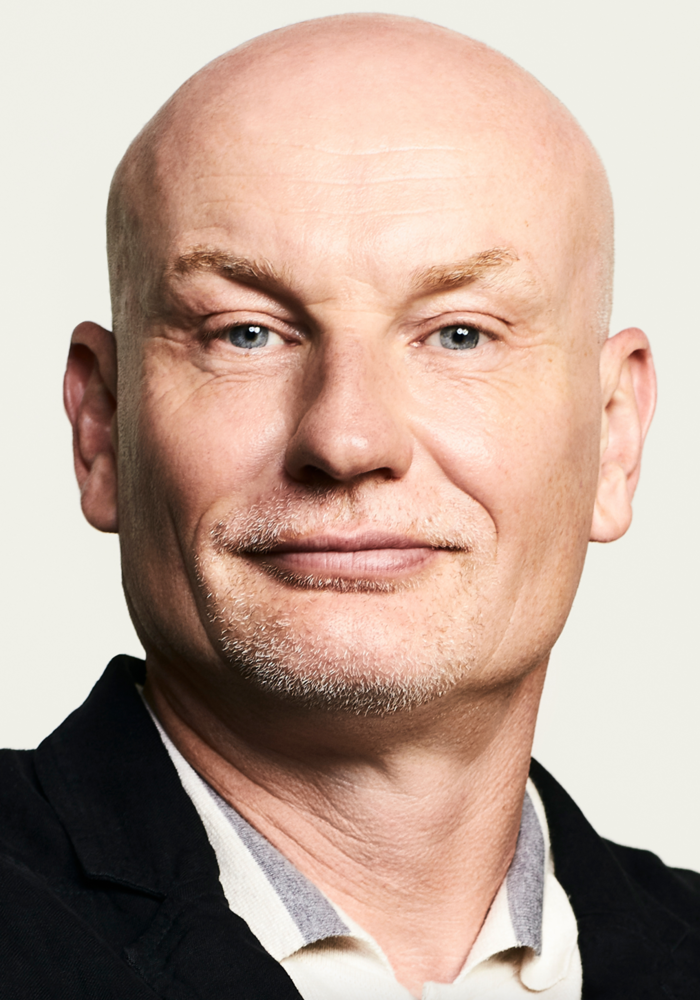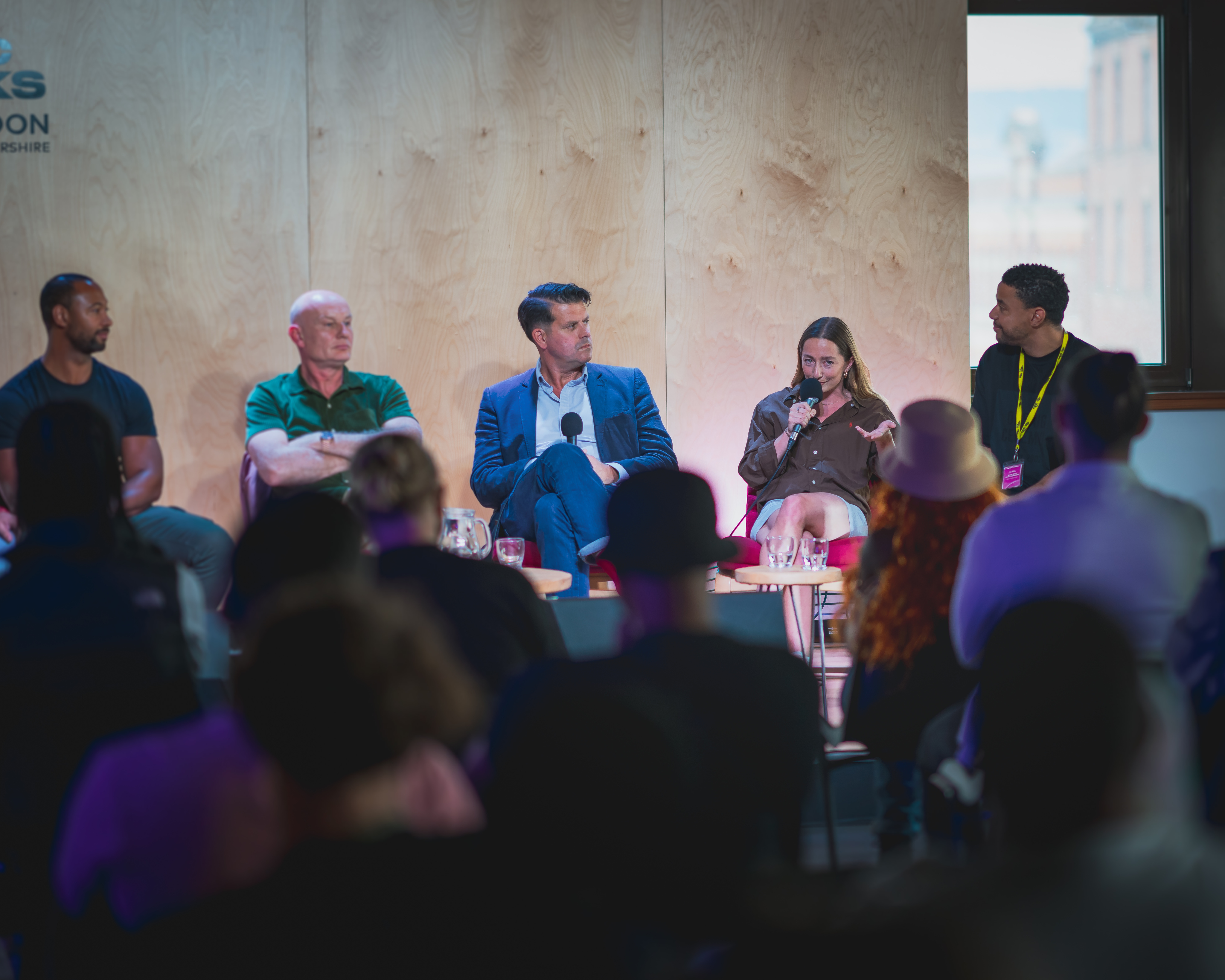Warner Chappell co-chair and CEO, Guy Moot, has spoken to Headliner about the publisher’s work with award-winning music charity The Music Works, what needs to be done to break down music industry barriers, and his own personal journey from working as a welder to becoming one of the most influential executives in the business.
The Music Works is a Gloucestershire-based charity designed to open up access to the music industry via education and networking opportunities, with much of its work focused on those facing significant social and economic challenges.
The organisation, which is currently working with 2,500 young people aged 8-30 on a regular basis, and a further 2,000 via its extensive events programme, recently hosted an industry networking lunch and roundtable discussion with Moot, in which attendees could ask questions about the opportunities open to them and the practical steps they can take to kickstart their careers.
Headliner caught up with Moot and The Music Works artistic director, Malaki Patterson, to find out about the challenges facing young people looking to embark on a career in music and what they can do to overcome them…
Tell us about your involvement with The Music Works and the recent event, Guy?
Guy: When I first heard about The Music Works it really resonated with me because I was a Gloucestershire lad. I had a very unlikely story, and those barriers were there. When you grow up in Gloucestershire you can be close to everything and not near anything. I was very lucky with my journey to get to where I got to, and there were no places like The Music Works or people to reach out to, no careers advice in terms of how to access the music industry. So, it resonated with me and my story.
We often find that there is a disconnect with the music industry and certain communities, particularly in more rural and provincial places, in terms of talking about opportunities in music. Whether that’s in the creative side, such as becoming a songwriter or an artist, or choosing a career in the wider industry, whether that’s in publishing, promotion, or studio engineering. Events like this allow the community and aspiring young executives, musicians, and people who just want to know more about how they can further their career in music in general to meet. The Music Works provides that environment.
I went there with some of our team and friends in the business just to talk to people and offer advice. We are always looking and recruiting, and we don’t always want to recruit from the same sources. I was so impressed when I first went there. Multiple studios, people recording, people learning, music engineering, there is music therapy. It’s incredible and it demystifies this walled city that sometimes the music industry can look like.
Malaki, how does The Music Works work, and what was the main focus of the recent roundtable event?
Malaki: The Music Works helps young people transform their lives through music. We know the power music has on young people and we use that to help them through whatever challenges or barriers they have in their lives. 50% of our work is with young people in challenging circumstances, so that can be people suffering with mental health issues, young offenders and young people unable to find access to the music industry, whether that’s because of affordability or education.
We go into schools and deliver music technology programmes on iPads for children as young as eight, through to people 25 years of age. We also have an artist development programme working with people aged 18-25 where we help them get into the creative industries. Plus, we do a lot of outreach work into communities, which we signpost back into our music studios, and then we do targeted programmes and open access programmes, so all young people can benefit from music tuition and music activity, right the way through from first access to a creative career.
The event last week was around breaking down barriers and demystifying the music industry. There is a lack of opportunity in Gloucestershire in terms of people attaining a creative career, and there is quite low aspiration because of that; there are a lot of young people who don’t know how to go about starting a career in music. We’ve been working with Guy and Warner Chappell for the past year, and we’ve been doing some online masterclasses. It’s been great to get Guy and the team down face-to-face so that people can ask questions and gain a greater insight into the music industry.




